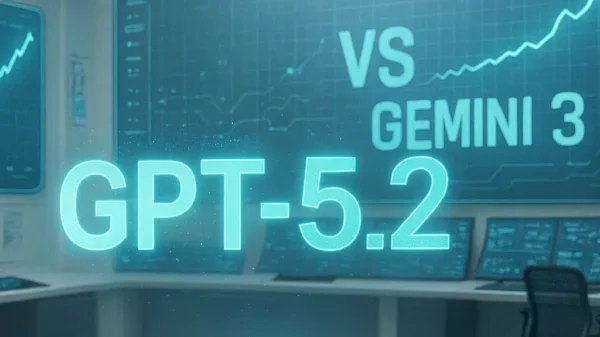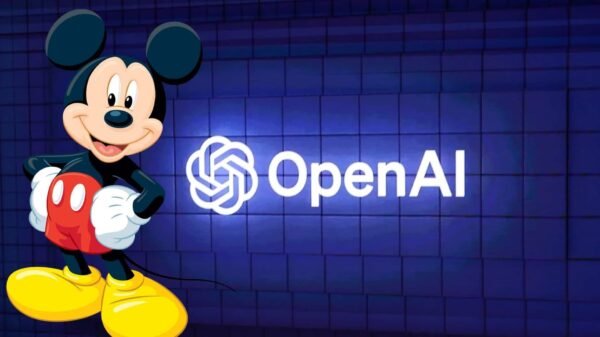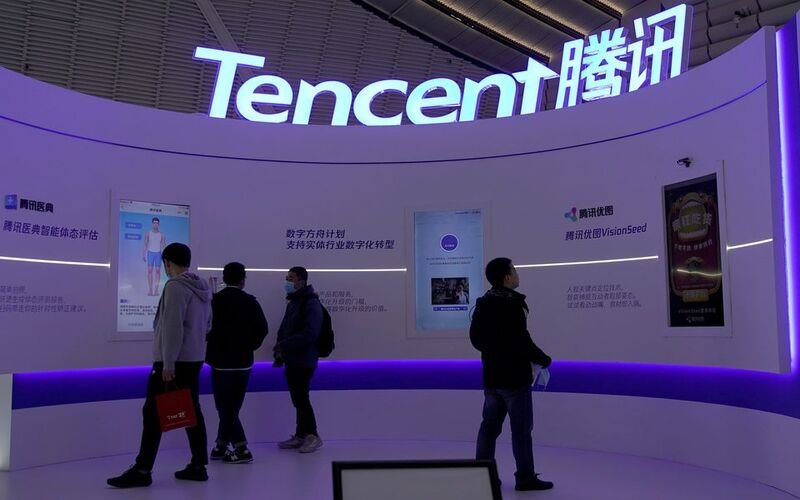Following recent actions by the United States to limit chip supply to China, the Chinese technology company Tencent Holdings (0700.HK) said on Wednesday that it would explore local suppliers for artificial intelligence (AI) training chips.
In a teleconference with analysts, the president of Tencent, Martin Lau, stated that the decision made by the White House last month to restrict new AI chips from being exported to China would compel the company to use the processors it already possesses more effectively and look for AI chips that are created locally.
“We will have to figure out ways to make the usage of our AI chips more efficient,” according to him, “and we will also try to look for domestic sources for these training chips.”
The timing of Lau’s statements is interesting since they come at a time when Chinese enterprises with AI aspirations are racing to deal with the ever-expanding AI chip export limitations that the United States has placed on China.
Before imposing these limits, the American semiconductor giant Nvidia (NVDA.O.) had long held a dominant position in China’s artificial intelligence chip industry. However, in recent years, many Chinese technology companies have begun to get their artificial intelligence (AI) chip supplies from domestic manufacturers such as Huawei Technologies [RIC: HWT.UL].
According to a story from Reuters the previous week, Tencent’s competitor Baidu has placed an order for 1,600 of Huawei’s Ascend 910B CPUs. According to Lau, Tencent has a sufficient supply of Nvidia processors to maintain the development of its artificial intelligence model, Hunyuan, “for at least a couple more generations.”
As a result, the new chip limits will not impact the growth of Tencent’s artificial intelligence capabilities. However, Lau stated that the new regulation will affect Tencent’s cloud services, where the business offers its customers processing capacity.
“We feel that the chip ban does affect our ability to resell these AI chips through our cloud services,” added the executive. According to Lau, Tencent presently possesses one of the most extensive inventories of AI chips anywhere in China.
“One of the key things that we have done was that we were the first to put in order for the H800 [chips from Nvidia] and that allow us to have a pretty good inventory of H800 chips,” said the executive.
Nvidia designed the H800 processors, which were artificial intelligence chips, expressly for China at the tail end of last year as a reaction to a previous US limit on exporting AI chips to China. But the new rule published the previous month also applies to the H800 chips.
Tencent said that if it wanted to get the most out of its existing supply of H800 chips, it could be wise to reserve those chips for constructing an AI model that is considered the most important: the training stage.
“We’ll try to see whether we can offload a lot of the inference capability to lower-performance chips so that we can retain most of our high-performance AI chips for training purposes,” according to Lau.

















































